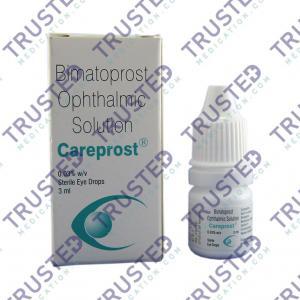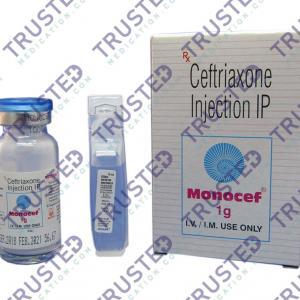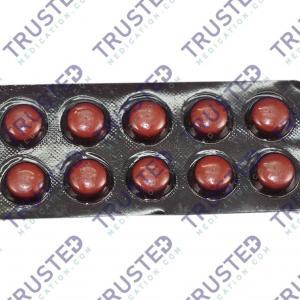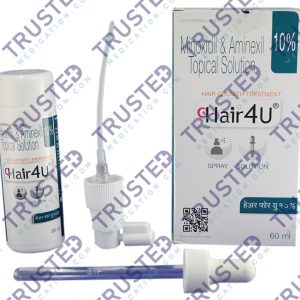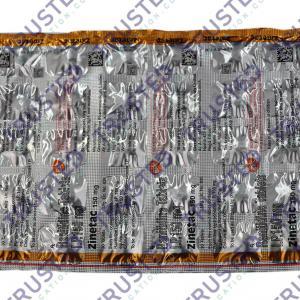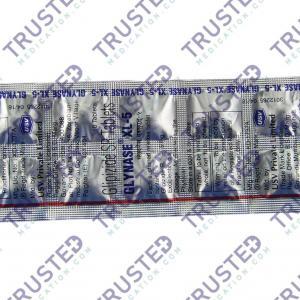
Sleep apnea is a potentially serious sleep disorder. If you snore loudly and feel tired even after a full night’s sleep, you might have the disorder. If you think you might have it, see your doctor. Treatment can ease your symptoms and might help prevent heart problems and other complications.
What is Sleep Apnea?
Sleep apnea is a serious sleep disorder that happens when a person’s breathing is interrupted during sleep. People with this untreated sleep disorder stop breathing repeatedly during their sleep, sometimes hundreds of times during the night.
If it’s not treated, it can cause several health problems, including hypertension, stroke, cardiomyopathy, heart failure, diabetes, and heart attacks. This untreated sleep disorder can also be responsible for job impairment, work-related accidents, and motor vehicle crashes, as well as underachievement in school in children and adolescents.
There are two types of this sleep disorder, obstructive and central:
- Obstructive sleep apnea is the more common type. It occurs as repetitive episodes of complete or partial upper airway blockage during sleep. During an apneic episode, the diaphragm and chest muscles work harder as the pressure increases to open the airway. Breathing usually resumes with a loud gasp or body jerk. These episodes can interfere with sound sleep, decreases the flow of oxygen to vital organs, and causes heart rhythm irregularities.
- In central sleep apnea, the airway is not blocked but the brain fails to signal the muscles to breathe because of unsteadiness in the respiratory control center. Central apnea is related to the function of the central nervous system.
Symptoms of Sleep Apnea

Frequent symptoms of obstructive sleep apnea include:
- Loud snoring that is often punctuated by gasping or choking sounds
- Excessive daytime sleepiness
- Dry mouth upon awakening
- Restless sleep with periods of wakefulness during the night
- Headaches in the morning that may persist for several hours after waking up
- Increased need to get up from bed to urinate
- Reduced focus
- Irritability or frustration
Certain symptoms of obstructive sleep apnea may not be immediately noticeable to the person with the condition. Many of the symptoms of obstructive sleep apnea can also be caused by other health issues, so the condition cannot be diagnosed by symptoms alone.
The symptoms that are most often associated with central sleep apnea include:
- Difficulty focusing
- Morning headaches
- Abnormal breathing patterns, such as breathing that slows down, speeds up and pauses during sleep
- Sudden shortness of breath or chest pains at night
- Excessive daytime sleepiness
- Nighttime awakenings
Causes of Sleep Apnea
Various factors can contribute to the blocking or collapse of the airway and may cause sleep apnea. They include the following:
- Thickened tissues and additional fat stored around the airway
- An underlying neurological problem
- Lax muscles and other tissues in the mouth and throat
- Nasal congestion
These can result from:
- Colds and allergies
- Obesity
- Genetic factors
- Thyroid problems
- Large or swollen tonsils
- Heart or kidney failure
Infants born preterm may have sleep apnea, but this usually resolves with age.
Treatment for Sleep Apnea
For milder cases of sleep apnea, your doctor may recommend only lifestyle changes. If you have nasal allergies, your doctor will recommend treatment for your allergies. If these measures don’t improve any of your signs and symptoms or if your apnea is moderate to severe, several other treatments are available.
1. Therapies
- Continuous positive airway pressure (CPAP)
- Oral appliances
- Supplemental oxygen
- Adaptive servo-ventilation (ASV)
2. Surgery
- Tissue removal
- Tissue shrinkage
- Jaw repositioning
- Implants
- Nerve stimulation
- Creating a new air passageway (tracheostomy)
3. Lifestyle and Home Remedies
- Lose excess weight
- Exercise
- Avoid alcohol and certain medications such as tranquilizers and sleeping pills
- Sleep on your side or abdomen rather than on your back
- Don’t smoke
4. Medication
- Armodafinil – is in a class of medications called wakefulness-promoting agents that may work by increasing the amount in the brain by reducing the reuptake of dopamine into nerves. The drug works by promoting wakefulness.

